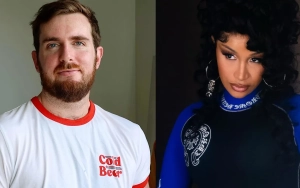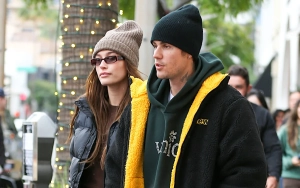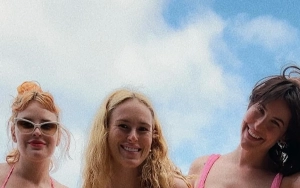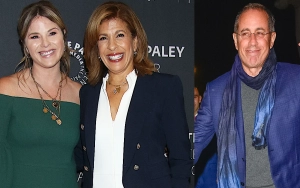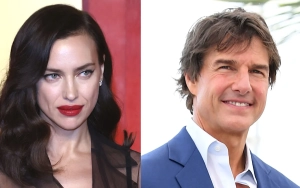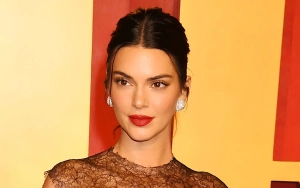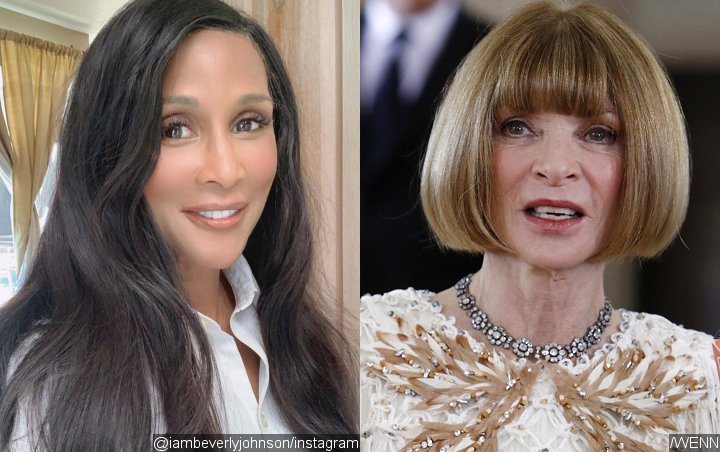
Nearly 46 years since she graced the magazine's cover, the African-American model addresses 'silence on race' in the fashion industry, accusing it of 'pirating blackness for profit.'
- Jun 17, 2020
AceShowbiz - Beverly Johnson is challenging Anna Wintour to push a change for black people in the fashion industry. Days after the Vogue editor-in-chief apologized to black colleagues for "hurtful" mistakes in the past, the first-ever black model gracing the magazine's cover proposed a new policy as a step toward meaningful changes within.
In an op-ed for The Washington Post, the 67-year-old model shared her belief that Wintour, who is on the board of directors of global media juggernaut Conde Nast, has enough power "to hold her peers in fashion accountable for making structural changes." Therefore, she would like "the most powerful person in the world of fashion" to adopt a new inclusive hiring policy.
"I propose the 'Beverly Johnson Rule' for Conde Nast, similar to the Rooney Rule in the NFL that mandates that a diverse set of candidates must be interviewed for any open coaching and front office position," the ex-girlfriend of actor Chris Noth wrote in the piece she wrote nearly 46 years after making history with her 1974 cover.
"The 'Beverly Johnson Rule' would require at least two black professionals to be meaningfully interviewed for influential positions," she elaborated. "This rule would be especially relevant to boards of directors, C-suite executives, top editorial positions and other influential roles. I also invite chief executives of companies in the fashion, beauty and media industries to adopt this rule."
In her op-ed, Johnson noted that she has "fought for inclusion and equal pay" in the fashion industry for 50 years, but the progress made was slow. She recalled being "reprimanded for requesting black photographers, makeup artists and hairstylists for photo shoots," and pointed out that no other black photographer has shot a Vogue cover since Tyler Mitchell did Beyonce Knowles' September 2018 cover.
Johnson additionally accused the fashion industry of pirating "blackness for profit while excluding black people and preventing them from monetizing their talents." She went on to declare her intention "to move from being an icon to an iconoclast and continue fighting the racism and exclusion that have been an ugly part of the beauty business for far too long."




